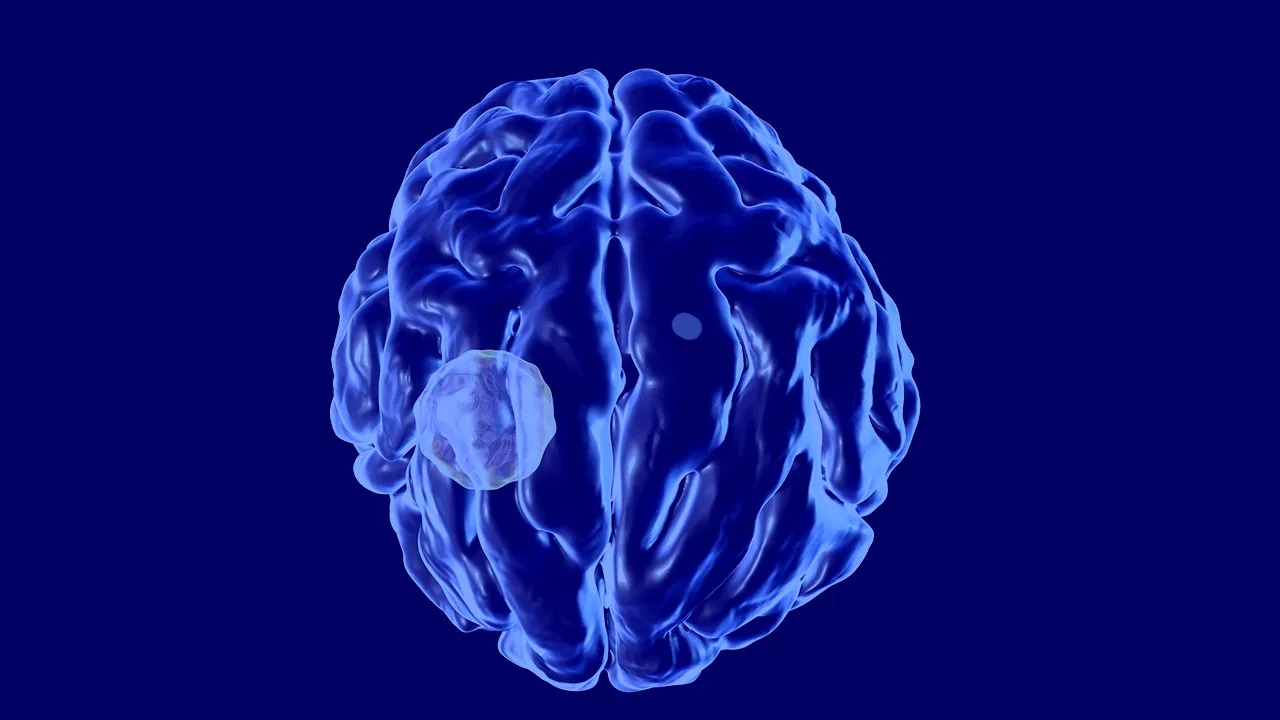Brain abscess is a rare but serious medical condition that occurs when an area of the brain becomes infected and filled with pus. This condition can be life-threatening if not treated promptly and appropriately.
Brain abscess is caused by a bacterial, fungal, or parasitic infection that spreads to the brain. The most common bacteria that cause brain abscesses are Streptococcus and Staphylococcus. Fungal infections that cause brain abscesses are usually seen in people with weakened immune systems, such as those with HIV/AIDS or cancer. Parasitic infections that cause brain abscesses are rare but can occur in people who have traveled to areas where these infections are common.
The infection that causes brain abscess can occur in several ways. First, it can spread from an infection in another part of the body, such as the lungs or heart. It can also occur because of a head injury or surgery. Finally, in some instances, the infection may spread from an untreated dental or ear infection.
The symptoms of brain abscess can vary depending on the location and size of the abscess. Some common symptoms include:
• Headache.
• Fever.
• Nausea and vomiting.
• Seizures.
• Weakness or numbness in the arms or legs.
• Changes in vision or speech.
• Confusion or disorientation.
• Personality changes.
• Loss of consciousness.
Diagnosing brain abscesses can be challenging because the symptoms can be similar to those of other conditions, such as meningitis or encephalitis. Therefore, to diagnose brain abscess, in addition to medical history and physical exam, imaging tests, such as a CT scan or MRI, are requested to look for signs of an abscess in the brain.
If an abscess is suspected, a lumbar puncture to collect a sample of cerebrospinal fluid (CSF) for testing could help determine the cause of the infection and plan treatment accordingly.
The treatment of brain abscesses typically involves a combination of antibiotics and surgery. Antibiotics are used to treat the infection and prevent it from spreading. The type of antibiotic used will depend on the causative agent of the infection.
Surgery is often necessary to remove the abscess and relieve pressure on the brain. The type of surgery used will depend on the location and size of the abscess. Sometimes, a small incision may be made in the skull to drain the abscess. However, a larger incision may be needed to remove the abscess and any surrounding infected tissue in more severe cases.
In addition to antibiotics and surgery, supportive care may be needed to manage symptoms and prevent complications, including medications to control seizures, fluids, and electrolytes to maintain hydration and electrolyte balance.
Preventing brain abscesses involves preventing the infections that can cause them, including practicing good hygiene, such as washing hands regularly and covering the mouth and nose when coughing or sneezing. It also involves promptly treating infections, such as dental or ear infections, to prevent them from spreading to the brain.
People with weakened immune systems, such as HIV/AIDS or cancer, should take extra precautions to avoid infections, such as avoiding contact with sick people and getting vaccinated against infections such as influenza and pneumonia.
Brain abscess is a serious medical condition that requires prompt diagnosis and treatment. It is caused by an infection that spreads to the brain and can be life-threatening if not treated appropriately. Symptoms of brain abscess can include headache, fever, seizures, and changes in vision or speech. Treatment typically involves a combination of antibiotics, surgery, and supportive care to manage symptoms and prevent complications. In addition, preventing brain abscesses involves preventing the infections that can cause them, such as practicing good hygiene and seeking prompt treatment of infections.

Comments are closed.